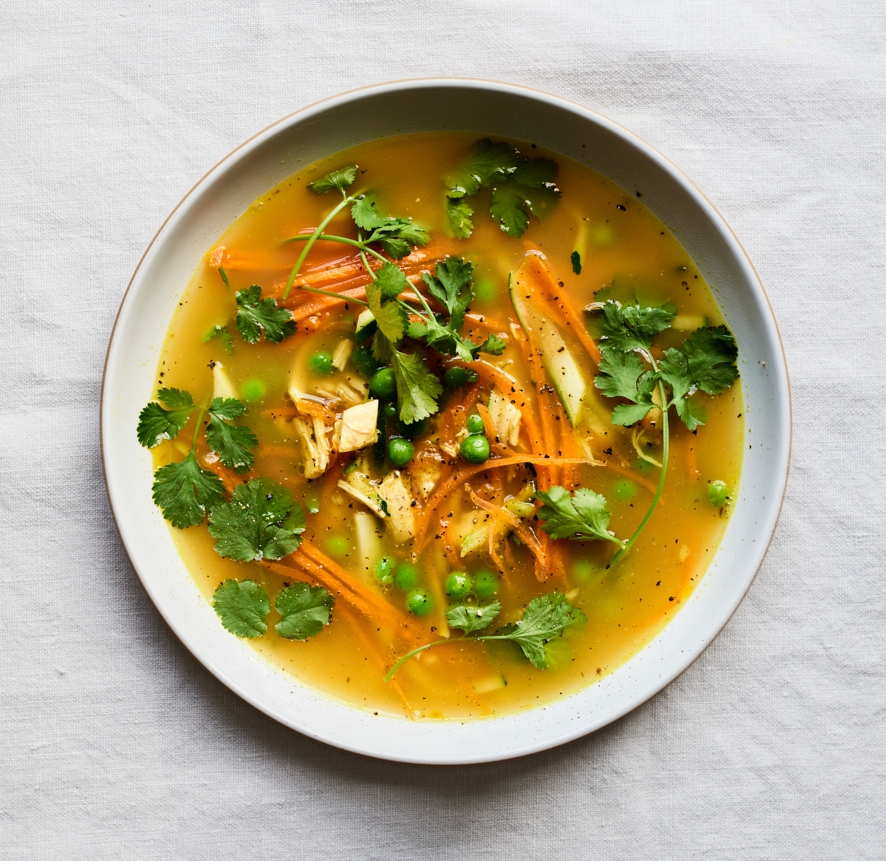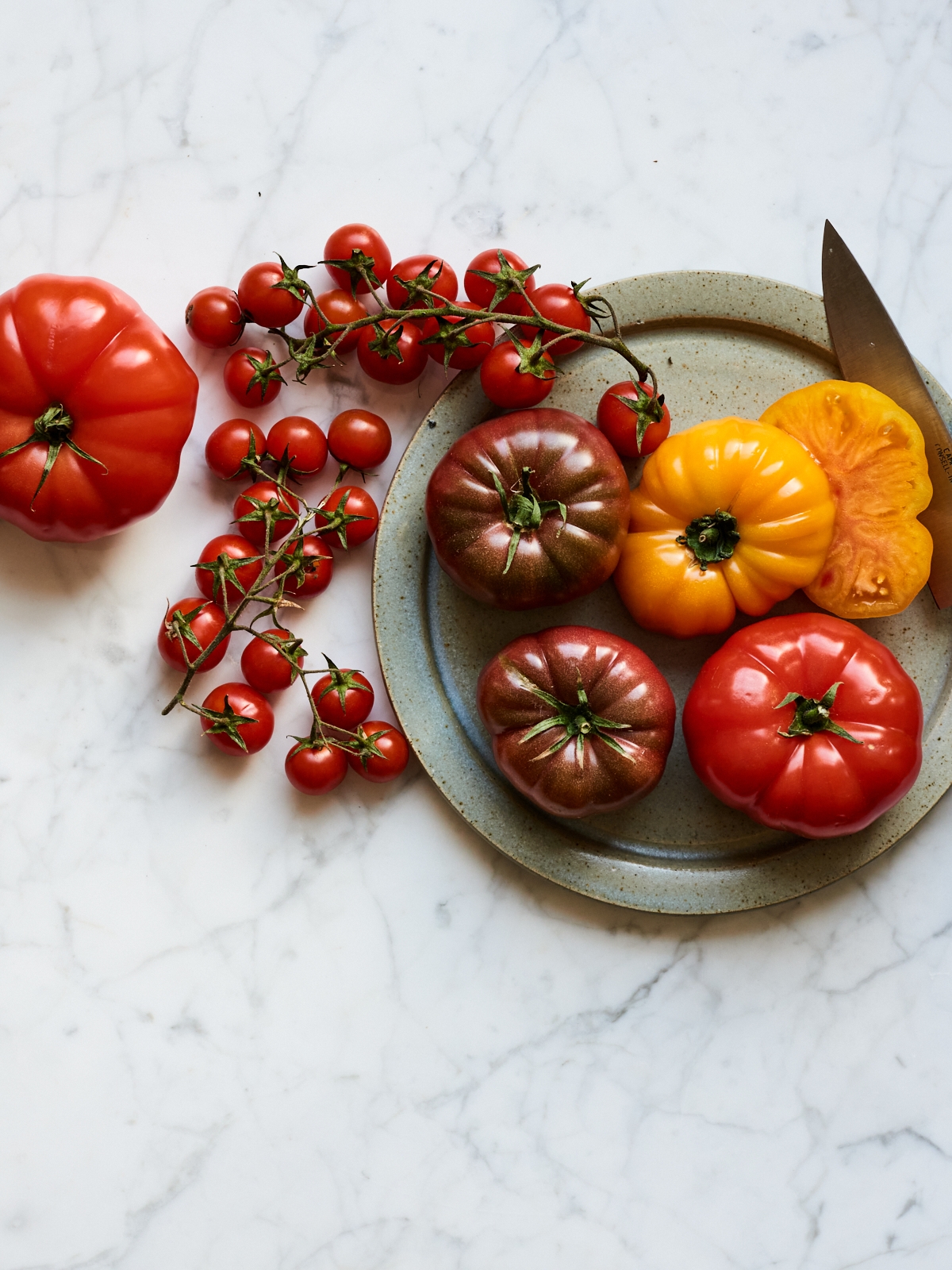04 Jun, 2019
Coffee: good or bad? What are the alternatives?
"But first, coffee" is a saying that a lot of us can relate to. The thought of giving up our morning caffeine hit is, quite frankly, unthinkable for most. But it's often tinged with a nagging feeling of guilt. So this month you put the question to our Nutritionist, Rob Hobson, coffee: good or bad?
Food"But first, coffee" is a saying that a lot of us can relate to. The thought of giving up our morning caffeine hit is, quite frankly, unthinkable for most. But it's often tinged with a nagging feeling of guilt. So this month you put the question to our Nutritionist, Rob Hobson, coffee: good or bad?
"It really depends on how much of it you drink. Coffee itself is actually very high in antioxidant compounds that are beneficial to health. This popular beverage has also been associated with many areas of health including protecting the liver and warding of conditions such as Parkinson’s and certain cancers, although none of this research is of yet fully proven.
One of the reasons many people drink coffee is to increase alertness and this is down to the caffeine in the drink. Many sports people use caffeine as an aid for performance as it increases adrenaline levels in the blood and stimulates the nervous system to break down fat cells and make fatty acids available as fuel (this does not mean it is an effective weight loss aid!).
Caffeine in a naturally occurring compound found in the leaves, seeds and fruit of more than 63 species worldwide. Caffeine is not just found in coffee but also tea and is added to energy drinks. This stimulant blocks the chemicals in your brain that make you sleepy and for some people it can leave them feeling jittery, but others have less effect. There are different variants of a gene called CYP1A2 that controls the enzyme determining how fast you break caffeine down. If you have the fast variant, then you'll likely to tolerate caffeine much better.
Contrary to popular belief, caffeine does not increase your risk of cardiovascular disease although those very sensitive to caffeine may have a temporary rise in blood pressure. Caffeine also doesn’t cause dehydration; it is a mild diuretic, but the fluid content of drinks tends to offset the losses.
In my opinion coffee is not bad for your health in moderation and I’m not sure I could give up my morning coffee. The first one is always the best so maybe stick with that and try something more refreshing later in the day, especially if you’re sensitive to the effects of caffeine. Tea might be a better option if you're very sensitive to caffeine as it contains half the caffeine but also has the benefit of a wide range of antioxidants to benefit health (especially green tea). I also like to drink ginger and lemon tea as this gives you a good ‘zing’ to revitalize without the jitters (add ground ginger for added heat and zing). Mint tea is also great, especially in the afternoon and perfect after eating as it can help to aid bloating (try adding spices such as fennel seed)."
So, there you go! We recommend sticking to around one cup a day if possible, and as Rob suggests, balancing out the cravings by drinking lots of delicious herbal tea.
Rob Hobson is a registered nutritionist (BSc, MSc, AFN), published author and food writer. Rob has 15 years of experience working with some of the UK’s leading food companies, government agencies, NHS and private clients as well as regularly writing in the media for publications including the Daily Mail online.



